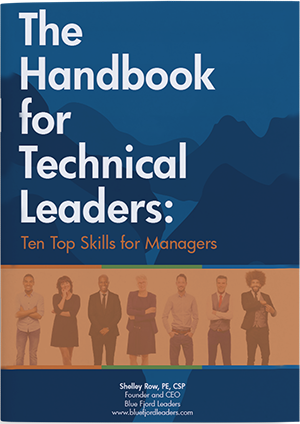Money, prestige, power, promotion. These are rewards that matter – right? We tend to believe that employees must be rewarded with money. That’s the default. Not so fast. The way businesses are rewarding their employees are changing as more managers are looking to invest in the Boardroom AU equity plans, provide more rewards on the business premises, and find new ways to reward their employees without just throwing money at them. Research in neuroscience suggests that there are other rewards that really matter because they activate powerful reward circuitry in the brain.
Here are four types of rewards that merit consideration and implementation.
Status. Promotion is a reward that is typically considered for good performers but sometimes there isn’t a promotion opportunity, or the promotion would put the person in a position for which they are not well suited (consider excellent technical people who are promoted into management). There are other options, based on neuroscience research, that activate the reward centers in the brain (ventral striatum). Instinctually, we know that people want to feel important. A promotion is not the only option. Confer status by sending top performing staff to learning opportunities. Support their participation in top conferences. Include them in high-status events and make sure it is clear that participation is the result of excellent performance. These status-inducing opportunities create good feelings similar to a promotion.
Social connection. We are designed for social connection. In fact, both physical and social rejection activate pain circuits in the brain. Similarly, inclusion activates the reward circuitry. How can social connection and inclusion be used for rewards at work? For an individual, reward and honor the top performer by creating social time for all staff. Make sure the time remains social and doesn’t become a business meeting. Something like incentive travel can be a very meaningful reward as it gives employees the opportunity to experience more of the world, sometimes with colleagues, and put team-building at the forefront of their daily activities – planning is key when it comes to these trips so make sure you have a professional organizing it. Social connection makes the rewarded person feel special and it benefits the team by nurturing personal connections. More connection means more trust which means more collaboration. Research shows that giving to a charity activates the reward circuits. For some, making a contribution (financial or through services) in the name of the staff person could be a powerful reward. For a high-performing team, create a strong sense of inclusion where people feel they are part of a meaningful group. A team name, slogan or tee-shirt adds to feelings of reward and inclusion. Acknowledge the team and make each member feel a part.
Control. The brain loves certainty. What better way to have certainty than to be in control? Reward top performers by putting them in charge of their project or activity. Entrusting that employee with more responsibility grows their experience, accomplishes a needed task in the office and has the added benefit of making them feel good. Even if it is a small thing, turning over control to the high performer conveys trust and status. The brain of the rewarded person release dopamine – the feel-good neurotransmitter – which has the added benefit of aiding cognitive performance.
Fairness. Fairness is a powerful motivator, and being treated unfairly is a significant source of stress. Employees have an inherent expectation of fair treatment. If that expectation is violated, it activates a negative response in the brain. Conversely, fair treatment activates the reward circuitry. But, fairness is not logical. Research shows that people will make a decision that is not financially advantageous to them personally if they perceive it to be an unfair bargain. When assessing rewards, use a process that is as transparent and fair as possible. Workplace dissatisfaction occurs when the person who did the work is overlooked and the boss gets credit. This unfairness triggers a pain response. Always give credit where credit is due.
With the backing of neuroscience, we know that these rewards, status, social connection, control and fairness, activate the same reward circuitry in the brain as financial rewards. And, don’t forget the easiest reward of all. Say thank you-out loud and in public.





0 Comments